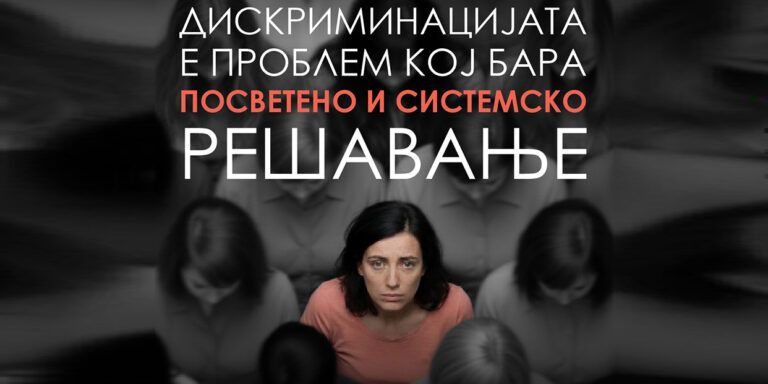Changes are Visible when the System Changes from Within
The number of young people in the country decreased for 6% between two population censuses (2002 and 2021). Or, in absolute numbers, approximately 77,000 young people moved out of Macedonia in these 19 years. Or, even clearer, almost one Bitola has left to live somewhere else, in other countries. The problem has been burning for some time, and the need to take specific steps is bigger every day. It is not enough that only the authorities react, regardless whether they are national or local; this needs a whole society’s response.
Led by these needs, nine municipalities of the Pelagonija region joined, along with nine CSOs, led by ProLocal association from Bitola. They united their forces to get on the “last train” and try to decrease or even stop the emigration of young people from their region.
They started from the reasons for moving out. They conducted a survey with 500 young people, and more than 170 young people were enabled to join the mapping of the regions where they want to make an improvement. ProLocal and their partners made the first Regional Youth Platform. This is an innovative mechanism for identifying and solving the youth needs. The work of the Platform is based on joining municipal resources and the resources of CSOs. The Swiss Government has supported this initiative via Civica Mobilitas.

Almost a year after all stakeholders joined, we can see that things move in the right direction. Based on the contribution of the young people and the usage of other, also relevant information sources, there have been sectoral analyses prepared in three mapped areas: local economic development, environment and health care and fire protection. They were presented in February during the third meeting of the Regional Youth Platform at the Officer’s House in Bitola. Nine mayors and nine CSOs discussed and voted for them. “We who work with politics understand that the young people have a strong lack of trust in the institutions and for them the thesis that the system changes from within is almost incomprehensible and therefore less than 18 percent of the young people are involved in decision making at local level. We want to increase this percentage, create together attractive and available possibilities for improving the youth situation, starting from modern education, cultural infrastructure, safe public transport that will fit the movement of the young people”, said Toni Konjanovski, the Mayor of Bitola. The dedication to improvement of the situation was also demonstrated by around 80 participants in the event who carefully listened to the solutions and recommendations for the three areas.
CSOs, as representatives of the young people, in cooperation with the local authorities will implement youth policies fit for the needs of the young people. “The survey showed that mental health is a problem number one in the region, in the rural areas and in the cities. The young people, in more than ten draft measures, propose that there is an Intermunicipal On-Line Counselling Centre for Mental Health”, says Emilia Geroska, the President of ProLocal. Aleksandar Lemanovski from the sectoral group of the Municipality of Resen said that mental health is a relevant problem among the young people and that it would be useful for the services (pedagogical and psychological ones in the schools) to focus on supporting the students, and work with the parents on their education to make sure that the young people will have their full support. This proposal will be implemented via the Regional Youth Platform.
The Platform enables all nine municipalities to participate with their funds in engaging at least 3 licensed psychologists who will be available, in shifts, for on-line communication and support of the young people 24/7. The municipalities agree to make available funds from their budgets for this purpose and give them to the Platform. The Platform conducts the procedure for engaging the psychologists. CSOs popularize the Intermunicipal On-Line Counseling Centre. After one year, the organization that initiated this idea makes an assessment of the functioning, the extent to which the counselling centre has been used, what is the beneficiary feedback and what is the feedback of the municipalities. Based on this principle, the municipalities agree to implement the recommendations of the sectoral analyses. In this way, the young people participate in policy creation, strengthen their communication and advocacy skills and solve the problems that directly target them together.
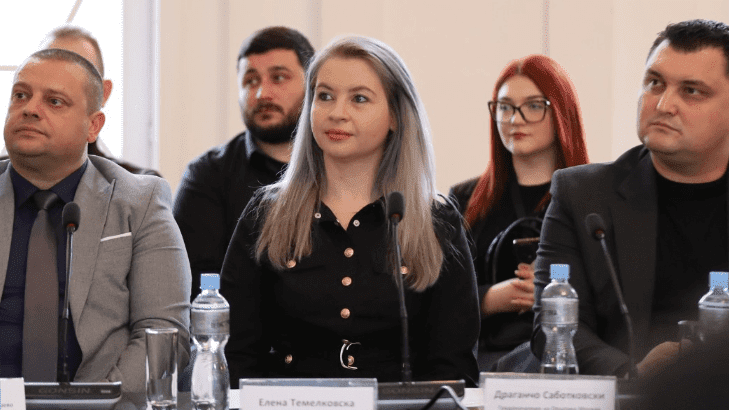
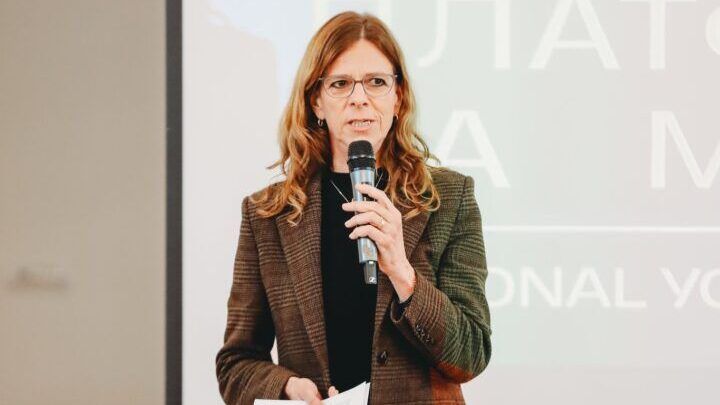

The mayors of Krushevo, Tome Hristoski and of Prilep, Borche Jovcheski, spoke about the municipal competences on part of the topics and asked for more coordination with the national authorities. Mayor Konjanovski asked the young people to put more pressure on the institutions to ack in implementing the youth policies.
There are also proposals via the Platform for joint action of local authorities and CSOs in the area of the environment. This includes three pilot projects: one, for waste management in schools; another one that would be implemented in partnership with the educational institutions and business community by using circular economy and the third one, which implies creation of educational campaigns in the field and conducting eco actions. For Marija Evtimova from ECO Guerilla Prespa, all of these measures can be implemented and they have been practiced in the municipality of Resen. The young people from Krushevo also confirmed that the proposed measures will be educational for the young people when it comes to using proper waste selection and recycling.
“The young people should play a crucial role in shaping of their future. We have to continue supporting democracy and enable them to be active participants in the decision-making processes,” said the Swiss Ambassador Véronique Hulmann, who followed the debate of the young people and the local authorities. She stressed that Switzerland will continue to support this process via the programme for development and youth inclusion.
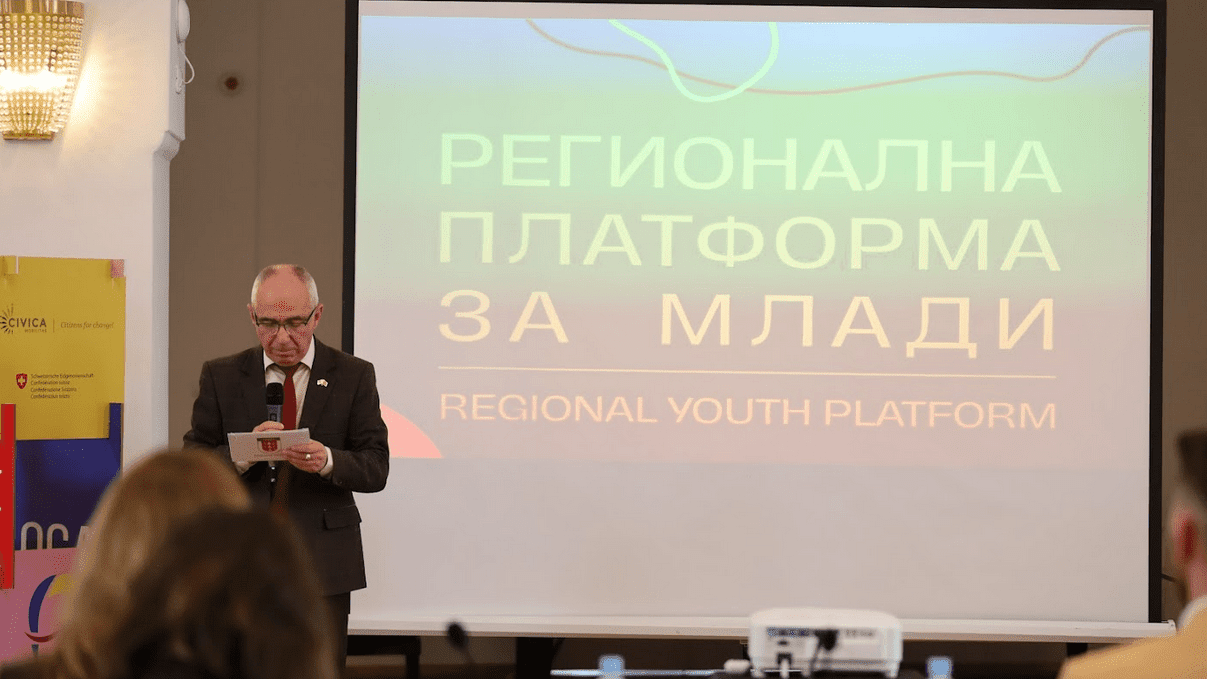
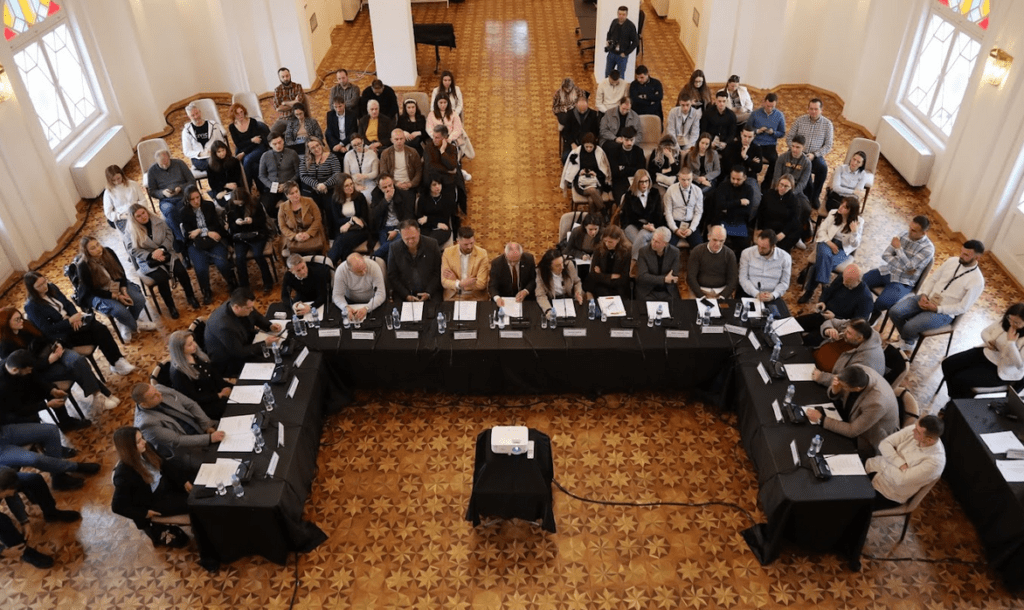

The Platform is a proof that the young people do not only demand, but they also actively work on brining changes in the community. Thanks to their open approach and by sharing real problems, one can come to a solution of one of the crucial problems – decreasing of the emigration of the young people from the country. This meeting has encouraged the young people from Pelagonija because they have received an equivocal support for all of their proposals that will be followed up with specific steps. We believe that this is the way in which we can encourage the young generation to be more involved in the social processes, especially in the ones that directly pertain it.


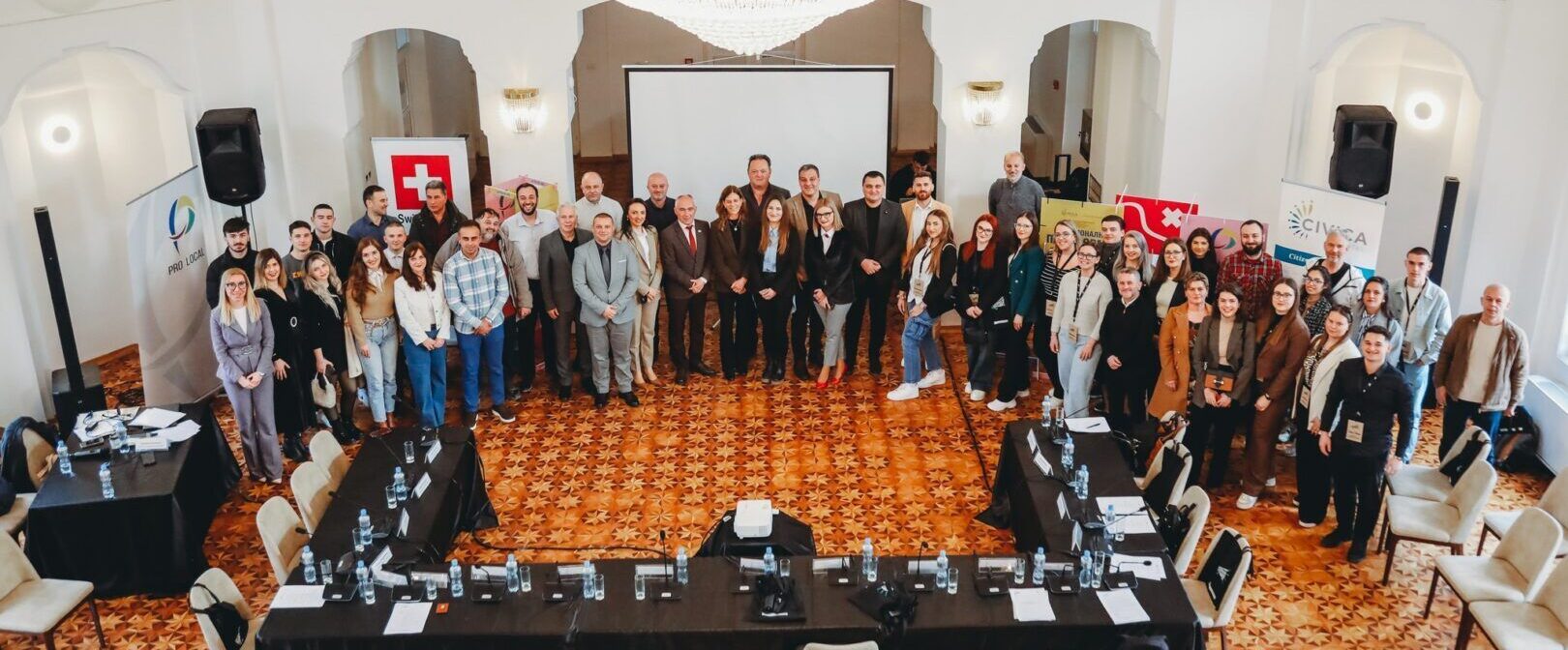

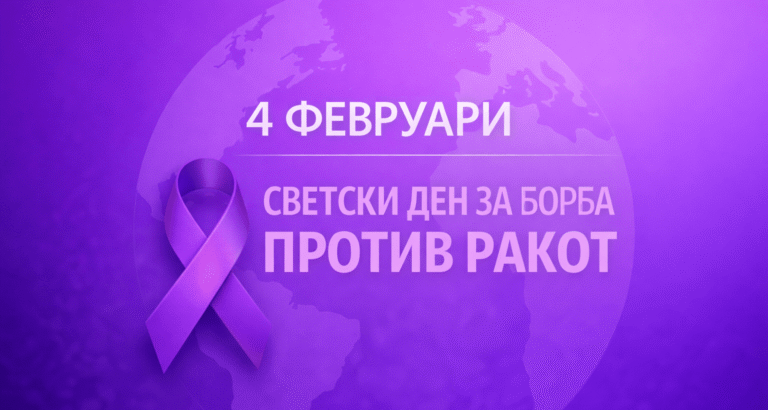

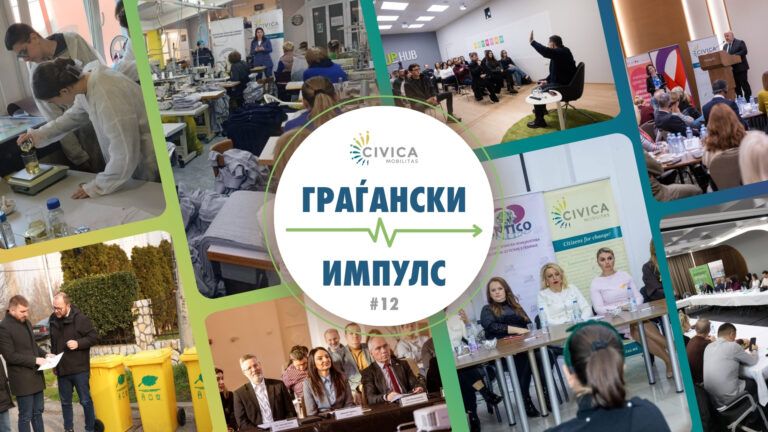
![Sre]ni praznici(2)](https://civicamobilitas.mk/wp-content/uploads/2025/12/sreni-praznici2-768x432.jpg)
